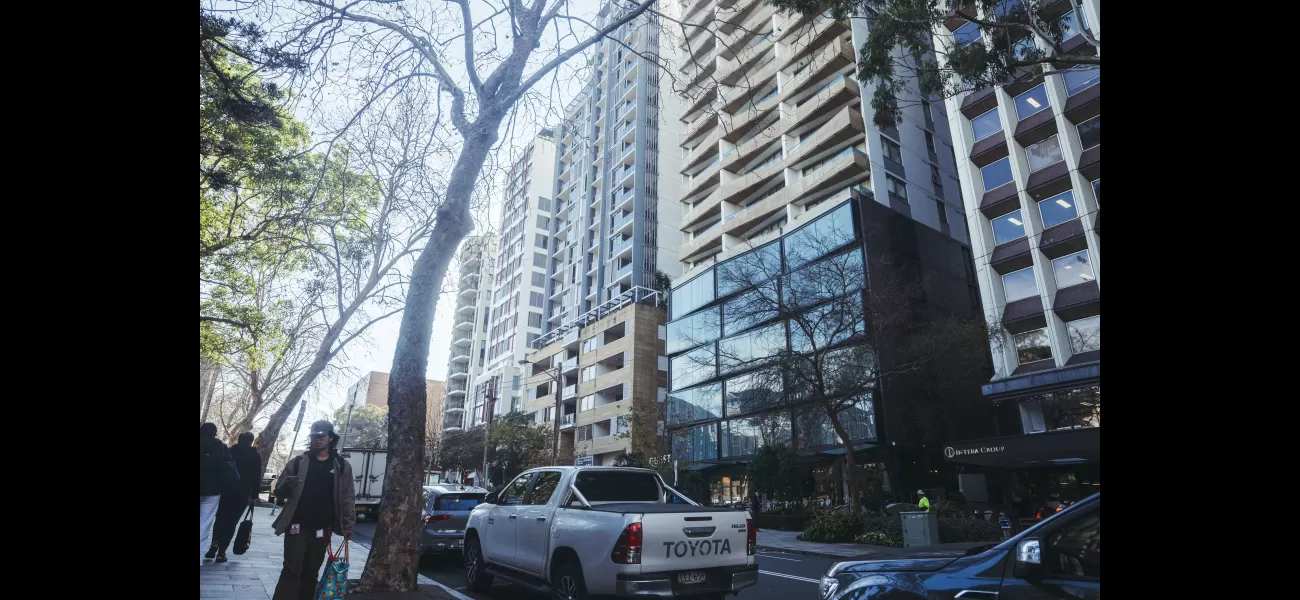Housing and food costs lead to a decrease in inflation, now at 3.5%.
The yearly increase was caused by higher costs of housing, food, and drinks, as well as alcohol, tobacco, and transportation.
August 28th 2024.

According to the latest figures released by the Australian Bureau of Statistics, the monthly inflation rate has decreased to 3.5 per cent in the 12 months leading up to July 2024. This is a slight drop from the previous month's rate of 3.8 per cent. The main contributors to this annual rise were housing, food and non-alcoholic drinks, alcohol and tobacco, and transport, which all saw increases ranging from 3.4 to 7.2 per cent.
Inflation is often influenced by items that experience frequent and significant price changes, such as automotive fuel, fruits and vegetables, and holiday travel. ABS acting head of price statistics, Leigh Merrington, noted that excluding these items from the headline CPI can give a better understanding of underlying inflation. In July, underlying inflation was at 3.7 per cent, a decrease from the previous month's rate of 4.0 per cent.
In the midst of a tight market, homeowners and renters saw a slight decrease in their expenses. This is due to builders passing on higher costs and a limited supply of rental properties. Housing prices rose by 4 per cent in the last financial year, a decrease from June's rate of 5.5 per cent. Similarly, rents also saw a decrease from a rise of 7.1 per cent in June to 6.9 per cent in the 12 months leading up to July.
The ABS attributed the lower increase in housing prices to the federal government's rebates, which resulted in a 5.1 per cent decrease in electricity prices. This is a significant drop from the previous month's increase of 7.5 per cent. Overall, while inflation remains a concern, these new figures offer some relief for homeowners and renters.
Inflation is often influenced by items that experience frequent and significant price changes, such as automotive fuel, fruits and vegetables, and holiday travel. ABS acting head of price statistics, Leigh Merrington, noted that excluding these items from the headline CPI can give a better understanding of underlying inflation. In July, underlying inflation was at 3.7 per cent, a decrease from the previous month's rate of 4.0 per cent.
In the midst of a tight market, homeowners and renters saw a slight decrease in their expenses. This is due to builders passing on higher costs and a limited supply of rental properties. Housing prices rose by 4 per cent in the last financial year, a decrease from June's rate of 5.5 per cent. Similarly, rents also saw a decrease from a rise of 7.1 per cent in June to 6.9 per cent in the 12 months leading up to July.
The ABS attributed the lower increase in housing prices to the federal government's rebates, which resulted in a 5.1 per cent decrease in electricity prices. This is a significant drop from the previous month's increase of 7.5 per cent. Overall, while inflation remains a concern, these new figures offer some relief for homeowners and renters.
[This article has been trending online recently and has been generated with AI. Your feed is customized.]
[Generative AI is experimental.]
0
0
Submit Comment





